Embark on a journey through Nutrition and Hydration Chapter 15, where we delve into the fundamental pillars of human health and well-being. This chapter unveils the intricate relationship between nourishment and hydration, equipping you with indispensable knowledge to optimize your physical and cognitive vitality.
As we navigate this comprehensive guide, we will explore the essential nutrients our bodies crave, the importance of maintaining optimal hydration, and the methods used to assess and address nutritional imbalances. Join us as we unlock the secrets to a healthier, more vibrant you.
Nutritional Needs and Requirements
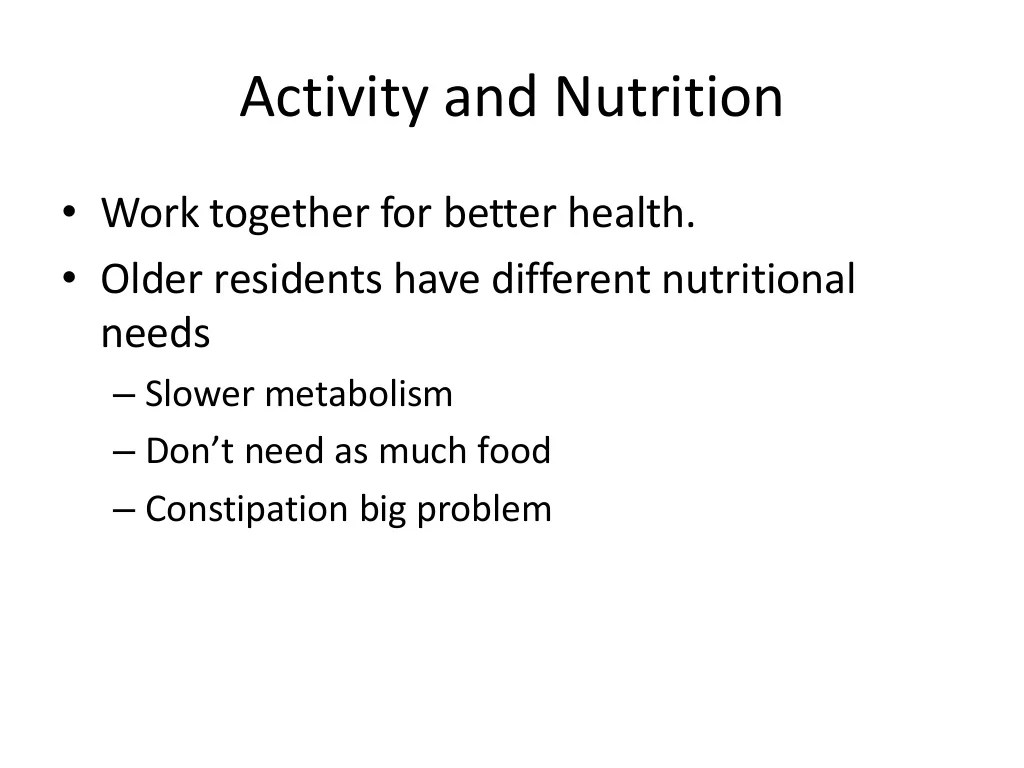
The human body requires a balanced intake of nutrients to function optimally. These nutrients are classified into two main categories: macronutrients and micronutrients.
Macronutrients are needed in large amounts and provide energy and building blocks for the body. They include carbohydrates, protein, and fat.
Recommended Daily Intake of Macronutrients
- Carbohydrates:45-65% of daily calories
- Protein:10-35% of daily calories
- Fat:20-35% of daily calories
Micronutrients are needed in smaller amounts and play essential roles in various bodily functions. They include vitamins and minerals.
Recommended Daily Intake of Micronutrients
The recommended daily intake of micronutrients varies depending on factors such as age, sex, and health status. Consult with a healthcare professional or registered dietitian for personalized recommendations.
Healthy Food Sources for Nutrients
- Carbohydrates:Whole grains, fruits, vegetables
- Protein:Lean meats, poultry, fish, beans, lentils
- Fat:Healthy oils (olive oil, avocado oil), nuts, seeds
- Vitamins:Fruits, vegetables, fortified foods
- Minerals:Dairy products, leafy green vegetables, nuts
Hydration and Fluid Balance
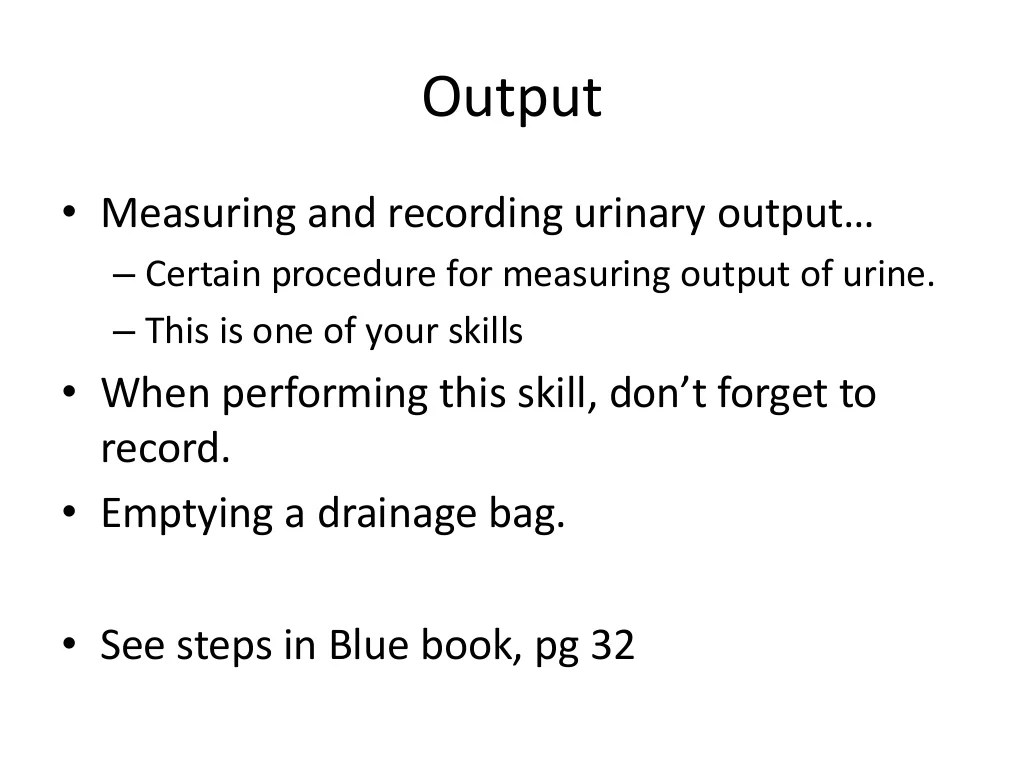
Maintaining proper hydration is crucial for overall well-being, affecting various physiological processes and functions. It plays a vital role in regulating body temperature, transporting nutrients, and removing waste products.
Types of Fluids Contributing to Hydration, Nutrition and hydration chapter 15
Hydration can be achieved through the consumption of various fluids, including:
- Water: The primary source of hydration, water is essential for all bodily functions.
- Electrolyte-rich beverages: Sports drinks, electrolyte solutions, and coconut water contain electrolytes that help maintain fluid balance and prevent dehydration.
- Fruit and vegetable juices: Certain fruit and vegetable juices, such as orange juice and tomato juice, provide hydration and essential nutrients.
- Milk: Milk contains electrolytes, calcium, and other nutrients that contribute to hydration and overall health.
Daily Fluid Intake Recommendations
The recommended daily fluid intake varies depending on individual factors such as age, activity level, and climate. However, general guidelines suggest:
- For adults: 8-10 glasses of fluid per day.
- For children: 4-6 glasses of fluid per day.
- For pregnant women: 10-12 glasses of fluid per day.
- For breastfeeding women: 12-15 glasses of fluid per day.
It’s important to note that these are general recommendations, and individual needs may vary. Consult a healthcare professional for personalized advice on optimal fluid intake.
Assessment of Nutritional Status: Nutrition And Hydration Chapter 15
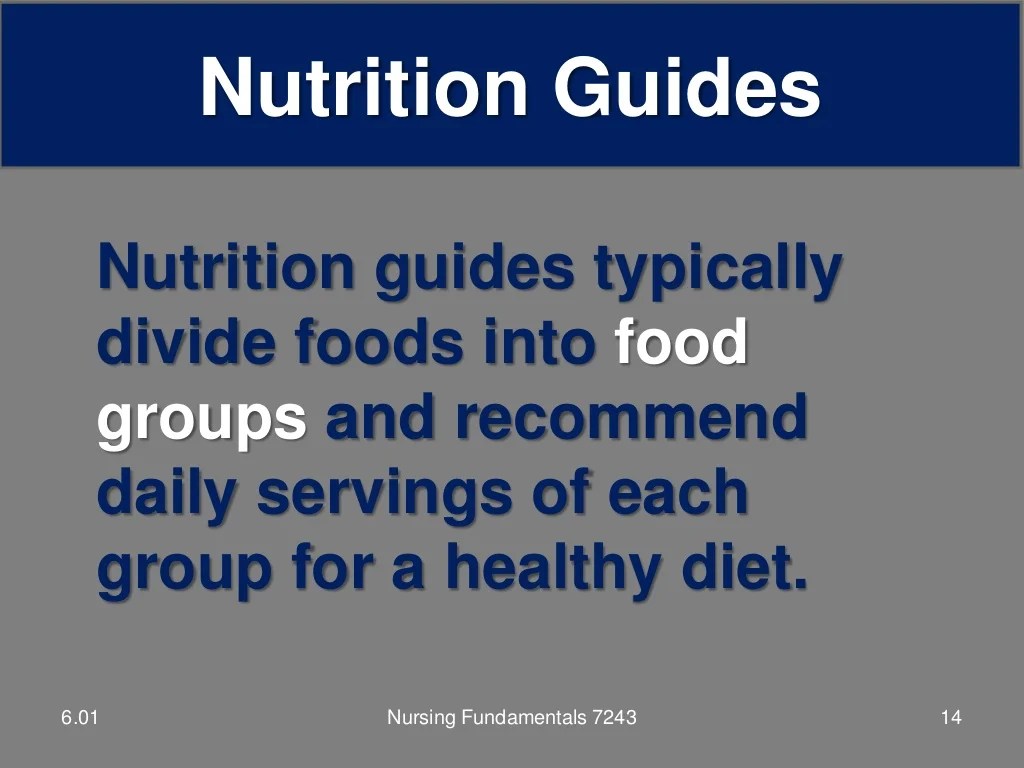
Nutritional status assessment is crucial for identifying individuals at risk of malnutrition or overnutrition. Various methods are employed to evaluate nutritional status, including:
Anthropometric Measurements
Anthropometric measurements involve taking physical measurements such as height, weight, body mass index (BMI), waist circumference, and skinfold thickness. These measurements provide insights into overall body composition and can indicate malnutrition or overweight/obesity.
Biochemical Tests
Biochemical tests analyze blood, urine, or other body fluids to assess nutrient levels, such as hemoglobin for iron status, serum albumin for protein status, and vitamin D levels. These tests can detect nutrient deficiencies or excesses.
Dietary History
Dietary history involves collecting information about an individual’s food and beverage intake over a period of time. This can be done through food frequency questionnaires, 24-hour recalls, or food diaries. Dietary history helps identify potential nutrient deficiencies or excesses.
Importance of Regular Nutritional Assessments
Regular nutritional assessments are essential for:
- Detecting nutritional problems early on, allowing for timely intervention.
- Monitoring the effectiveness of nutritional interventions.
- Identifying individuals at risk of malnutrition or overnutrition.
Role of Healthcare Professionals
Healthcare professionals, including physicians, nurses, and registered dietitians, play a crucial role in monitoring nutritional status. They can:
- Conduct nutritional assessments using the methods described above.
- Interpret the results and identify any nutritional concerns.
- Provide nutritional counseling and education.
- Refer individuals to appropriate healthcare providers for further evaluation and treatment.
Nutritional Interventions
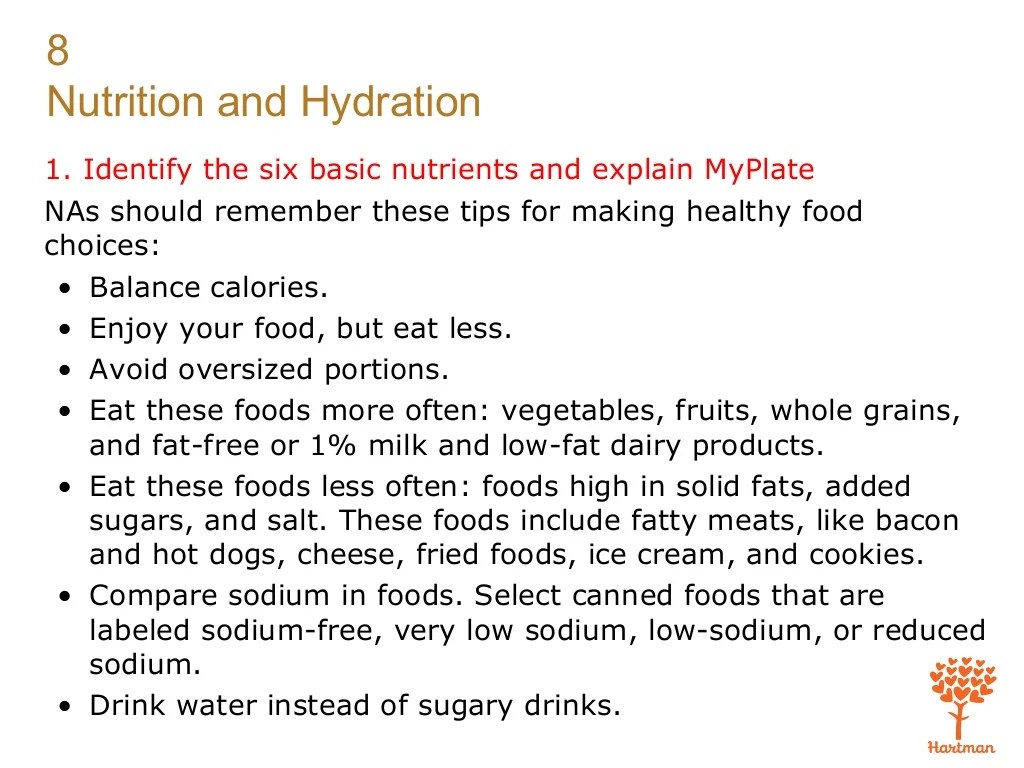
Nutritional interventions are strategies used to improve nutritional status and promote health. They encompass a range of approaches, including dietary modifications, supplementation, and enteral/parenteral nutrition.The choice of intervention depends on the individual’s nutritional needs, medical condition, and ability to consume food orally.
Dietary modifications involve adjusting the individual’s diet to meet their specific nutritional requirements, while supplementation provides additional nutrients in the form of pills, powders, or liquids. Enteral nutrition involves delivering nutrients directly into the stomach or small intestine through a tube, while parenteral nutrition provides nutrients intravenously.
Nutrition Counseling
Nutrition counseling plays a crucial role in promoting healthy eating habits and supporting individuals in making informed dietary choices. Registered dietitians provide personalized guidance, education, and support to help individuals understand their nutritional needs and develop sustainable, healthy eating patterns.
They work with individuals to address specific dietary concerns, manage chronic conditions, and improve overall well-being.
Special Nutritional Considerations
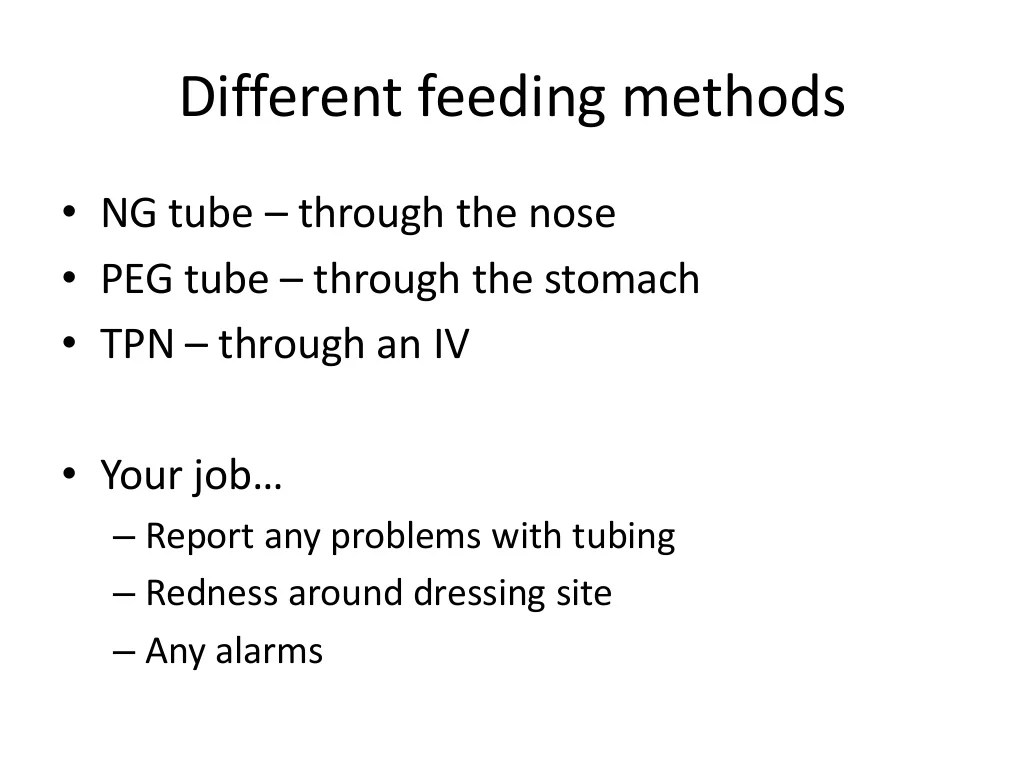
Specific populations, such as infants, children, pregnant women, and the elderly, have unique nutritional needs that require tailored interventions to ensure optimal health and well-being. Addressing nutritional deficiencies and excesses in these populations is crucial to prevent adverse health outcomes.
Nutritional Needs of Infants and Children
Infants and children have rapidly growing bodies and developing organs, necessitating a nutrient-rich diet. They require high amounts of protein, calories, and essential vitamins and minerals, such as iron, calcium, and vitamin D, to support growth and development. Exclusive breastfeeding for the first six months of life is recommended to provide optimal nutrition for infants.
As children grow, their nutritional needs change, and a balanced diet that includes fruits, vegetables, whole grains, and lean protein is essential.
Nutritional Needs of Pregnant Women
During pregnancy, women require additional nutrients to support the growth and development of the fetus. Increased intake of protein, iron, folic acid, and calcium is crucial to prevent complications such as anemia, neural tube defects, and low birth weight. A healthy diet that meets these increased nutritional demands is essential for both the mother and the baby.
Nutritional Needs of the Elderly
As individuals age, their nutritional needs may change due to decreased appetite, reduced absorption of nutrients, and chronic health conditions. The elderly are at risk of nutrient deficiencies, particularly vitamin B12, vitamin D, and calcium. Ensuring adequate intake of these nutrients is crucial to maintain bone health, prevent cognitive decline, and support overall well-being.
Nutritional Disorders
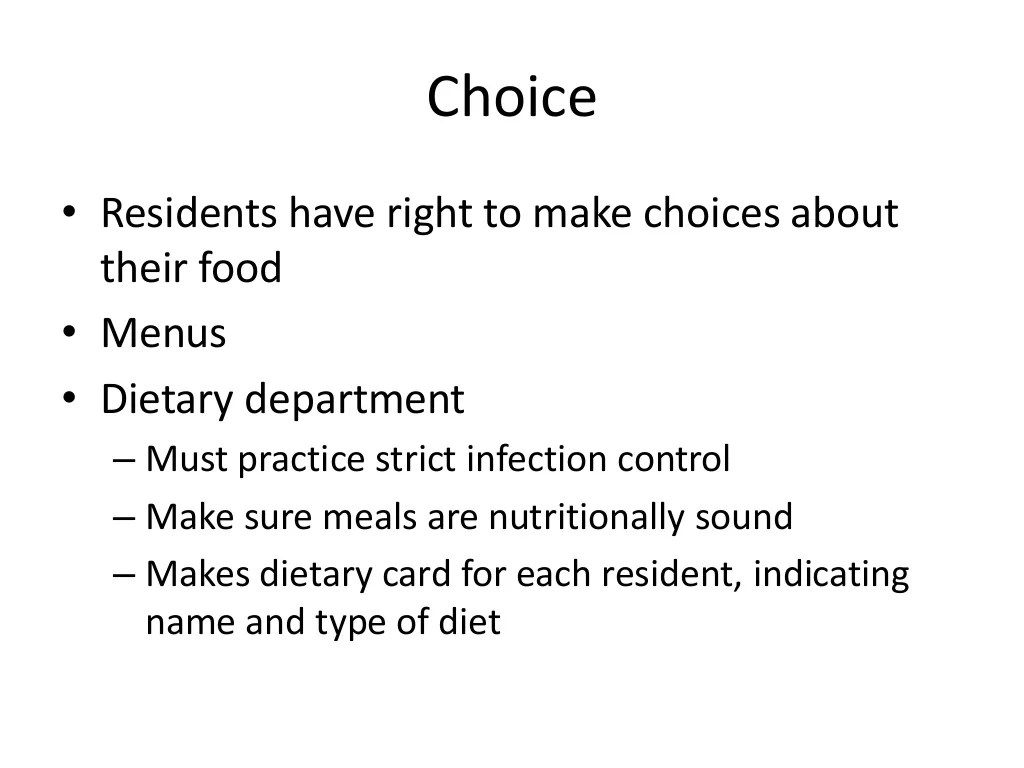
Nutritional disorders are health conditions that arise from an imbalance or deficiency in the nutrients a person consumes. These imbalances can result from inadequate dietary intake, malabsorption, or increased nutrient requirements. Nutritional disorders can range from mild to severe and can have significant impacts on a person’s health and well-being.Common
nutritional disorders include malnutrition, obesity, and eating disorders. Malnutrition is a condition that results from inadequate intake or absorption of nutrients, leading to impaired growth and development. Obesity is a condition characterized by excessive body fat accumulation, which can increase the risk of chronic diseases such as heart disease, stroke, and type 2 diabetes.
Eating disorders are mental health conditions that involve disturbances in eating behaviors, such as anorexia nervosa, bulimia nervosa, and binge-eating disorder.
Question Bank
What are the key macronutrients and micronutrients?
Macronutrients include carbohydrates, protein, and fat, while micronutrients encompass vitamins and minerals.
Why is hydration crucial for health?
Hydration supports vital bodily functions, regulates body temperature, and transports nutrients and oxygen to cells.
How can I assess my nutritional status?
Nutritional assessments involve anthropometric measurements, biochemical tests, and dietary history evaluations.
What are common nutritional interventions?
Nutritional interventions include dietary modifications, supplementation, and enteral/parenteral nutrition.
How can I prevent nutritional disorders?
Nutrition education, balanced diets, and regular check-ups can help prevent nutritional disorders.